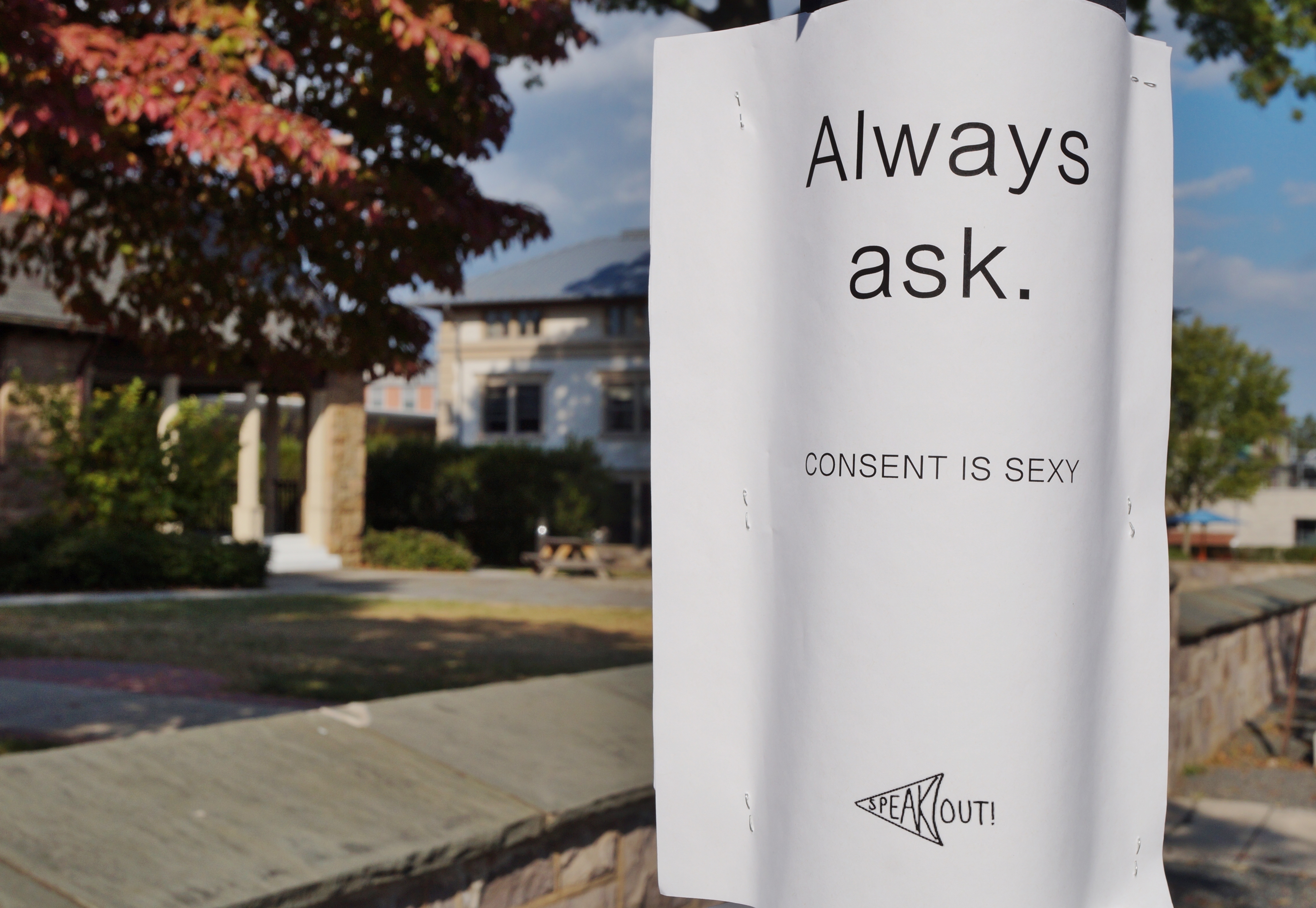I was asked to write an essay about campus sexual politics, and I had no idea what a minefield I was entering. I wrote this ironic, lighthearted article. The article covered the policy prohibiting professor and student romantic relationships that was enacted on my own campus.
This policy came out of the blue. I compared it to my college experience where many students slept with their teachers, and nobody seemed to suffer too much. In this light, I wrote this essay, and it became incredibly controversial in ways I hadn’t anticipated.


